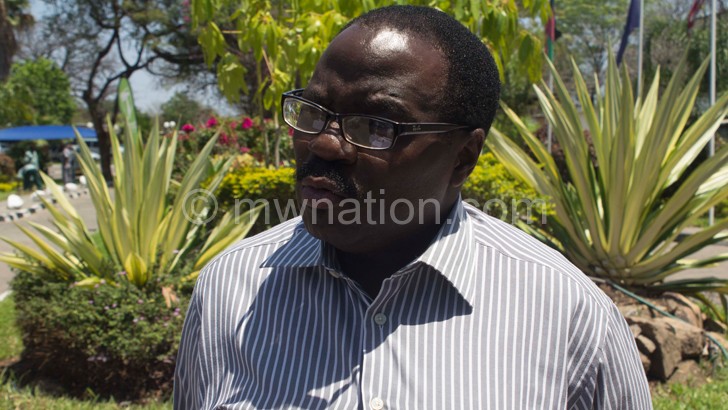Financial inclusion seen rising to 70%
Government is targeting over 70 percent of Malawians accessing financial services by 2021 from the current 34 percent.
This is according to the recent Financial Sector Development Strategy II which produced by the Ministry of Finance, Economic Planning and Development.

With the strategy, government believes that inclusive finance will be essential for meeting its objectives of development strategies as this is a key instrument for increasing agricultural productivity, starting or expanding micro and small enterprises, creating employment, increasing household income and smooth consumption.
Over the years, access to financial products and services has been an issue with a FinScope Malawi 2008 Survey indicating that 80 percent of the adult population was not able to borrow from any source to finance their activities, but this figure
went down to 71 percent in 2014.
But the strategy, according to government, will create enabling policies, strategies, legal and regulatory systems, and infrastructure that are conducive to achieving objectives of financial inclusion as well as support linkages between commercial banks, microfinance providers and mobile network operators (MNOs) that will enable rapid settlement of payments and money transfers.
Catholic University economics lecturer Hopkins Kawaye in an interview on Monday noted that creating and implementing sound policies to protect banks as well as consumers would indeed enable government achieve the feat.
He said: “If government can indeed improve the legal system, then banks can issue loans to the wide range of Malawians.
“Banks are also complaining about high operational costs due to frequent blackouts. There is a need for government to improve this energy sector.”
Kabaghe said that government should also consider lowering the policy rate so as to encourage low income earners in Malawians to borrow from banks.
Chancellor College economics professor Ben Kaluwa said achieving the feat needs government to address the issue of cost for formal financial services.
“We see that poverty itself is a barrier to financial inclusion. What we are saying is government should pay attention to the high costs of financing which is a major barrier to formal financial services,” he said.
On his part consumer rights activist John Kapito said consumers want to see banks removing unnecessary charges that prohibit consumers to use formal financial services.
He said: “The urge to save with banks is there but looking at the costs of saving and borrowing from banks, we shun away from borrowing from banks and opt for the traditional methods.”





